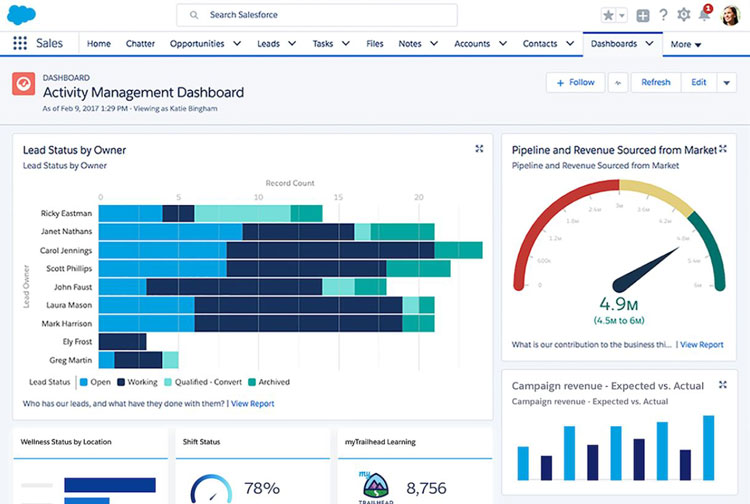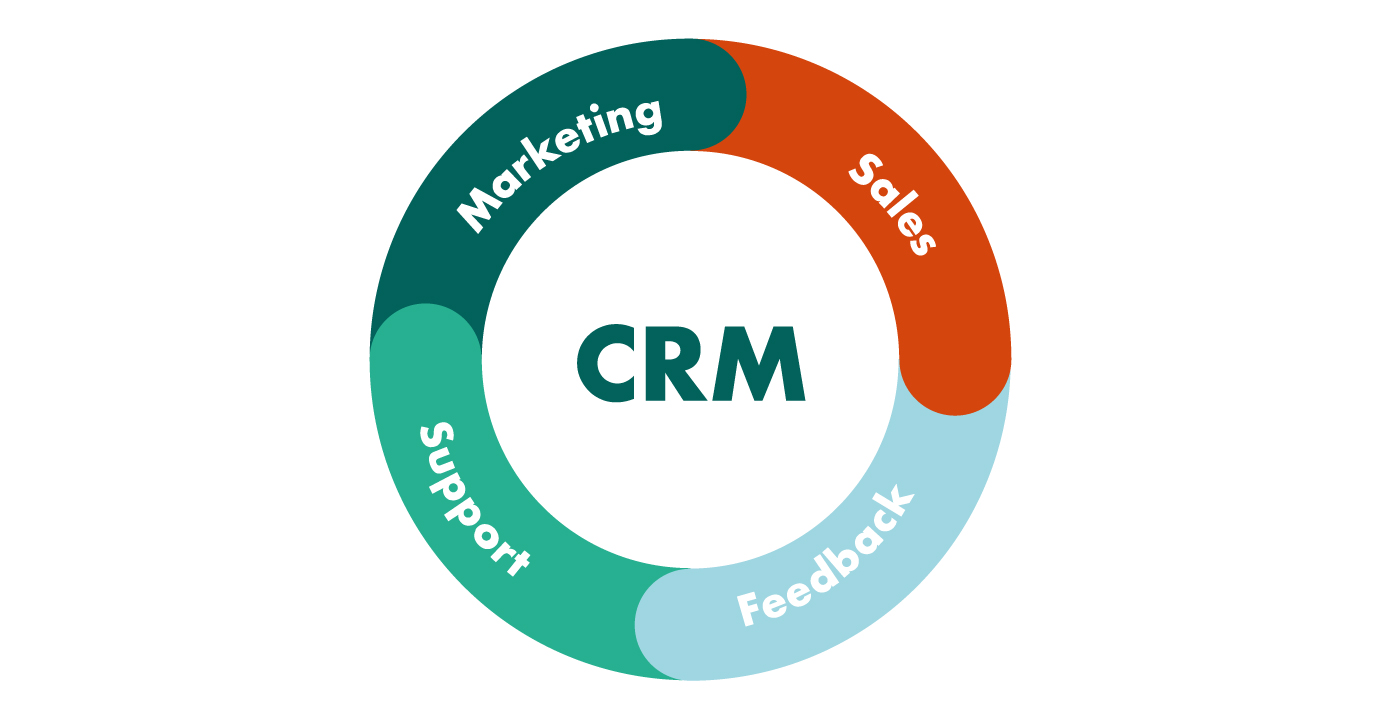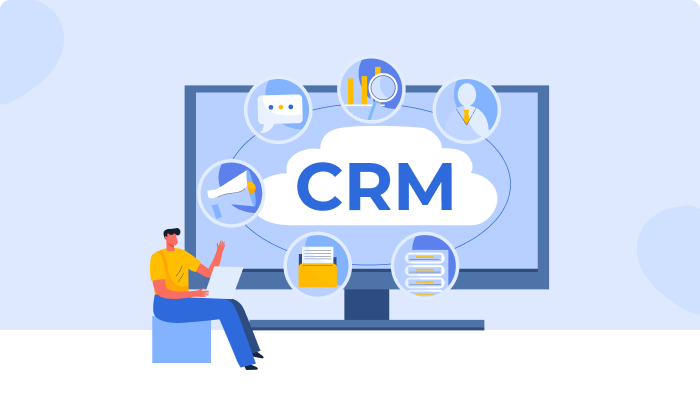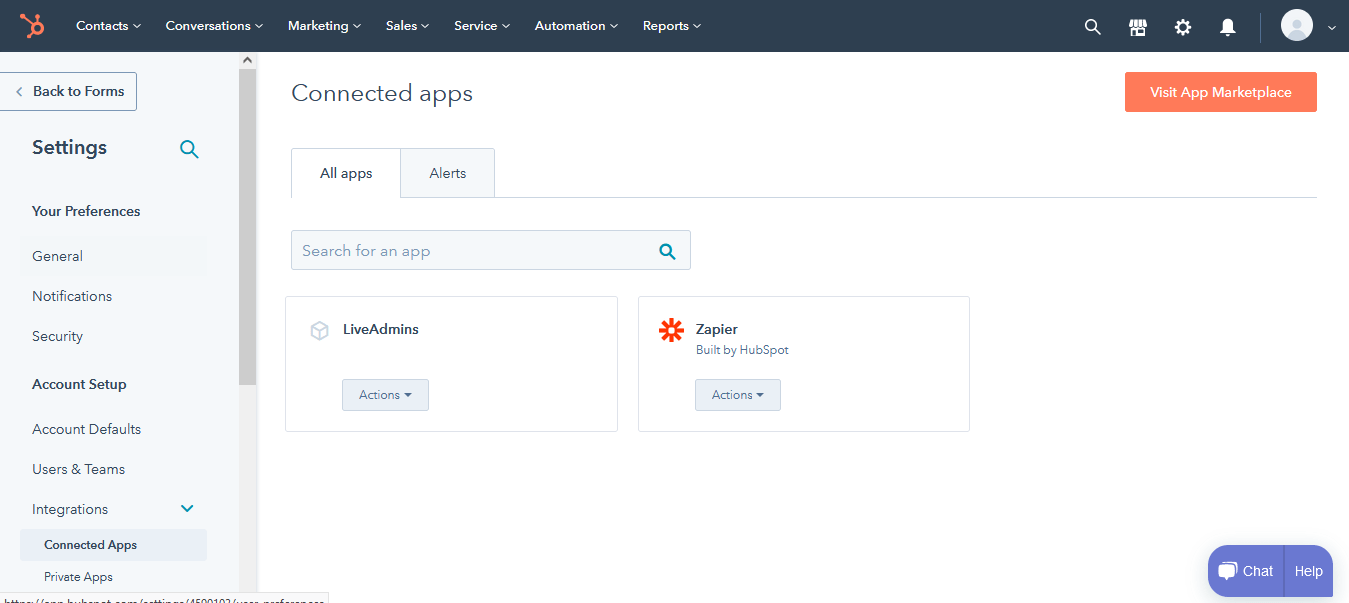Introduction: The Power of Tracking in CRM Marketing
In the dynamic world of marketing, where strategies evolve at lightning speed, the ability to measure and analyze performance is no longer a luxury; it’s a necessity. This is where CRM (Customer Relationship Management) marketing performance tracking steps in. It’s the compass that guides your marketing ship, ensuring you’re sailing towards the right destinations and avoiding treacherous waters. This comprehensive guide will delve into the intricacies of CRM marketing performance tracking, providing you with the knowledge and tools to optimize your strategies and achieve remarkable results.
Imagine trying to bake a cake without knowing the ingredients or the temperature of the oven. You’d be shooting in the dark, hoping for the best but likely ending up with a culinary disaster. CRM marketing without tracking is similar. You’re investing time and resources, but you have no concrete way of knowing what’s working, what’s failing, and where to make adjustments. This article will provide you with a clear understanding of how to monitor and assess the effectiveness of your CRM marketing efforts.
What is CRM Marketing Performance Tracking?
At its core, CRM marketing performance tracking is the process of monitoring, analyzing, and optimizing the effectiveness of your marketing activities within your CRM system. It involves using data to understand how your marketing campaigns are performing, identify areas for improvement, and make data-driven decisions that drive growth. It’s about moving beyond gut feelings and hunches and embracing a data-driven approach to marketing.
Think of it as a feedback loop. You launch a campaign, track its performance, analyze the results, make adjustments, and then repeat the process. This iterative approach allows you to continuously refine your strategies and achieve better outcomes. It’s not a one-time task; it’s an ongoing commitment to improvement. It’s about taking the guesswork out of the equation.
Key Metrics to Track in CRM Marketing
The beauty of CRM marketing performance tracking lies in its ability to provide insights into a wide range of metrics. Here are some of the most important ones to keep an eye on:
1. Lead Generation Metrics
Lead generation is the lifeblood of any marketing effort. Tracking these metrics helps you understand how effectively your campaigns are attracting potential customers.
- Number of Leads Generated: The total number of new leads generated by your campaigns. This is a fundamental metric that provides a baseline understanding of your lead generation efforts.
- Lead Conversion Rate: The percentage of leads that convert into qualified leads. This indicates the effectiveness of your lead nurturing efforts.
- Cost Per Lead (CPL): The cost of acquiring each lead. This helps you assess the efficiency of your lead generation campaigns.
- Lead Source Performance: Identify which channels (e.g., website, social media, email) are generating the most leads. This helps you allocate your resources effectively.
2. Sales Performance Metrics
These metrics provide insights into how your marketing efforts are contributing to sales.
- Sales Conversion Rate: The percentage of qualified leads that convert into paying customers. This is a critical indicator of your sales effectiveness.
- Revenue Generated: The total revenue generated from your marketing campaigns. This is the ultimate measure of success.
- Customer Acquisition Cost (CAC): The cost of acquiring a new customer. This helps you assess the profitability of your marketing efforts.
- Average Deal Size: The average value of each sale. This helps you understand the value of your customers.
3. Customer Engagement Metrics
Customer engagement metrics provide insights into how customers are interacting with your brand and your marketing campaigns.
- Website Traffic: The number of visitors to your website. This is a general indicator of your brand awareness.
- Email Open Rate: The percentage of emails that are opened by recipients. This indicates the effectiveness of your email subject lines and content.
- Click-Through Rate (CTR): The percentage of recipients who click on links in your emails or on your website. This measures the engagement level of your audience.
- Social Media Engagement: Likes, shares, comments, and other interactions on your social media channels. This helps you measure your brand’s reach and influence.
4. Customer Retention Metrics
Customer retention is crucial for long-term success. These metrics help you understand how well you are retaining your existing customers.
- Customer Retention Rate: The percentage of customers who remain customers over a specific period. This is a key indicator of customer loyalty.
- Customer Churn Rate: The percentage of customers who stop doing business with you. This helps you identify areas for improvement in customer satisfaction.
- Customer Lifetime Value (CLTV): The predicted revenue a customer will generate over their lifetime. This helps you understand the long-term value of your customers.
How to Set Up a CRM Marketing Performance Tracking System
Setting up a robust CRM marketing performance tracking system involves several key steps:
1. Choose the Right CRM System
The foundation of your tracking system is your CRM. Select a CRM system that aligns with your business needs and offers robust reporting and analytics capabilities. Consider factors like scalability, integration with other tools, and ease of use. Popular choices include Salesforce, HubSpot, Zoho CRM, and Microsoft Dynamics 365.
2. Define Your Key Performance Indicators (KPIs)
Identify the specific metrics that are most important to your business goals. What do you want to achieve with your marketing efforts? What data is most critical to measuring your success? Focus on a manageable set of KPIs that provide a clear picture of your performance. Don’t try to track everything at once; start with the most important metrics and expand as needed.
3. Integrate Your Marketing Tools
Connect your CRM with your other marketing tools, such as your email marketing platform, social media management tools, and website analytics platform. This integration allows you to collect data from various sources and centralize it within your CRM. This provides a holistic view of your marketing performance.
4. Implement Tracking Mechanisms
Use various tracking mechanisms to collect data, such as:
- Website tracking codes: Implement tracking codes on your website to monitor traffic, conversions, and user behavior.
- Email tracking: Use email tracking features to monitor open rates, click-through rates, and conversions.
- Social media tracking: Utilize social media analytics tools to track engagement, reach, and conversions.
- Campaign tracking: Use UTM parameters to track the performance of individual marketing campaigns.
5. Create Dashboards and Reports
Design dashboards and reports that visualize your key metrics. This makes it easier to monitor your performance and identify trends. Customize your dashboards to show the most relevant data for your specific needs. Schedule reports to be delivered regularly so you can stay informed about your performance.
6. Establish a Reporting Cadence
Set up a consistent reporting schedule. This could be weekly, monthly, or quarterly, depending on your needs. Regular reporting ensures that you stay on top of your performance and can make timely adjustments to your strategies. Analyze the data and identify areas for improvement. Don’t just look at the numbers; dig deeper to understand the underlying causes of your performance.
7. Analyze and Optimize
The final step is to analyze the data, identify areas for improvement, and make data-driven decisions. This is an ongoing process of refinement. Continuously monitor your performance, experiment with different strategies, and optimize your campaigns for better results. Use the insights gained from your tracking to refine your targeting, messaging, and offers. This is where you truly unlock the power of CRM marketing performance tracking.
Best Practices for CRM Marketing Performance Tracking
To maximize the effectiveness of your CRM marketing performance tracking, consider these best practices:
1. Set Realistic Goals
Establish achievable goals for your marketing campaigns. Setting unrealistic goals can lead to disappointment and frustration. Make sure your goals are specific, measurable, achievable, relevant, and time-bound (SMART).
2. Focus on Actionable Insights
Don’t get lost in the data. Focus on the insights that can drive action. What can you do to improve your performance based on the data you’re seeing? Look for trends and patterns that can inform your strategies. The goal is to use the data to make better decisions.
3. Segment Your Audience
Segment your audience based on demographics, behavior, and other relevant factors. This allows you to tailor your marketing messages and campaigns to specific groups, increasing their effectiveness. Personalization is key to improving engagement and conversion rates.
4. Test and Iterate
Don’t be afraid to experiment with different strategies and tactics. A/B test your email subject lines, website landing pages, and other elements of your campaigns. Continuously iterate and refine your approach based on the results of your tests. Testing is the cornerstone of optimization.
5. Automate Where Possible
Automate repetitive tasks, such as data collection and report generation. This frees up your time to focus on analysis and optimization. Automation allows you to streamline your workflow and improve efficiency. Most CRM systems offer automation features that can be customized to your needs.
6. Train Your Team
Ensure that your team understands how to use the CRM system and interpret the data. Provide training on the key metrics, reporting tools, and best practices for CRM marketing performance tracking. A well-trained team is essential for success.
7. Regularly Review and Update Your Tracking System
Your marketing landscape is constantly evolving. Review your tracking system regularly to ensure it remains relevant and effective. Update your KPIs, reporting tools, and tracking mechanisms as needed. Make sure your system aligns with your current business goals.
Tools and Technologies for CRM Marketing Performance Tracking
Several tools and technologies can help you with CRM marketing performance tracking:
1. CRM Systems
As mentioned earlier, your CRM system is the core of your tracking efforts. Choose a system that offers robust reporting and analytics capabilities. Consider features like custom dashboards, data visualization tools, and integration with other marketing tools.
2. Marketing Automation Platforms
Marketing automation platforms, such as HubSpot, Marketo, and Pardot, can help you automate your marketing campaigns and track their performance. These platforms typically offer advanced analytics and reporting features.
3. Website Analytics Tools
Tools like Google Analytics provide valuable insights into website traffic, user behavior, and conversions. Use these tools to track the performance of your website and identify areas for improvement. These tools help you understand how your website contributes to your marketing goals.
4. Email Marketing Platforms
Email marketing platforms, such as Mailchimp, Constant Contact, and Sendinblue, provide detailed analytics on email open rates, click-through rates, and conversions. These tools are essential for tracking the performance of your email marketing campaigns. They also allow you to segment your audience for improved targeting.
5. Social Media Analytics Tools
Social media analytics tools, such as Hootsuite, Sprout Social, and Buffer, provide insights into your social media engagement, reach, and conversions. Use these tools to track the performance of your social media campaigns. They help you understand how your social media efforts are contributing to your marketing goals.
6. Data Visualization Tools
Data visualization tools, such as Tableau and Power BI, can help you create compelling dashboards and reports that visualize your key metrics. These tools make it easier to understand your data and identify trends. They allow you to create custom reports that meet your specific needs.
Common Challenges in CRM Marketing Performance Tracking
While CRM marketing performance tracking offers immense benefits, you may encounter some challenges:
1. Data Silos
Data silos occur when data is stored in separate systems and is not easily accessible or integrated. This can make it difficult to get a complete view of your marketing performance. Integrate your data sources to address this challenge.
2. Data Accuracy
Inaccurate data can lead to flawed insights and poor decisions. Ensure that your data is accurate and reliable by implementing data validation rules and regularly reviewing your data quality. Regularly audit your data to ensure its accuracy.
3. Lack of Integration
If your CRM is not integrated with your other marketing tools, you’ll have a fragmented view of your performance. Integrate your CRM with your other tools to get a complete picture of your marketing efforts. Integration is key to a holistic view of your data.
4. Complexity
CRM systems can be complex, and setting up a comprehensive tracking system can be time-consuming. Simplify your tracking system by focusing on the most important metrics and starting small. Don’t try to do everything at once; build your system gradually.
5. Lack of Expertise
You may lack the expertise to set up and manage a CRM marketing performance tracking system. Consider hiring a consultant or training your team to address this challenge. Training is vital to the success of your efforts.
Conclusion: Embracing the Future of CRM Marketing
CRM marketing performance tracking is no longer an option; it’s a necessity for businesses that want to thrive in today’s competitive landscape. By embracing a data-driven approach, you can gain valuable insights into your marketing efforts, optimize your strategies, and achieve remarkable results. It is a continuous process of learning, adapting, and refining.
The journey towards effective CRM marketing performance tracking requires a commitment to data, analysis, and optimization. By following the best practices outlined in this guide, you can build a robust tracking system, make data-driven decisions, and drive sustainable growth. Embrace the power of data and unlock the full potential of your CRM marketing efforts. The future of marketing is data-driven, and those who master the art of CRM marketing performance tracking will be the ones who succeed.
Remember, the insights you gain from tracking are only as valuable as the actions you take based on them. So, start tracking, start analyzing, and start optimizing. The results will speak for themselves. The key is to consistently monitor, analyze, and adapt your strategies. Embrace the power of data, and watch your marketing efforts flourish!





